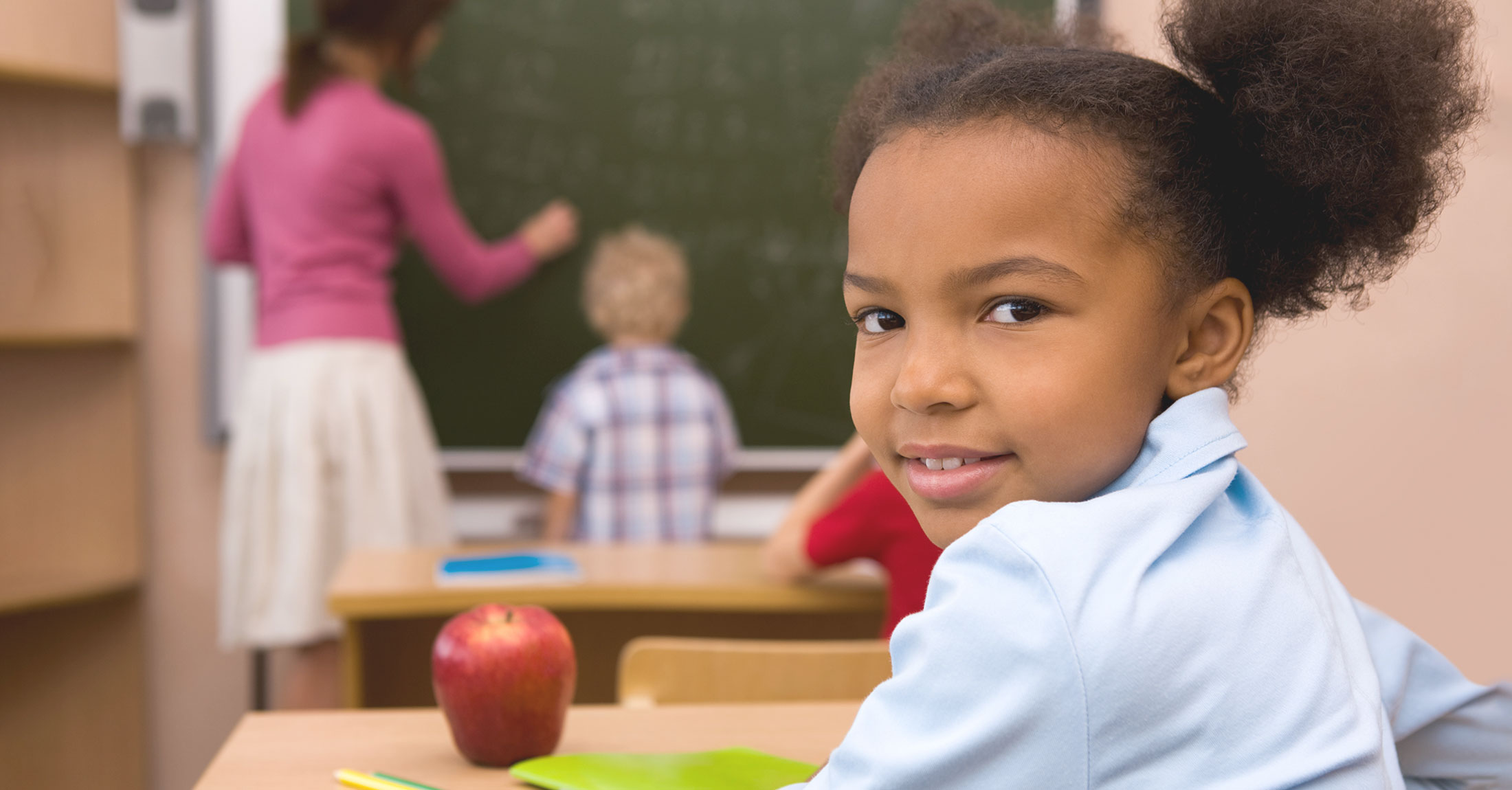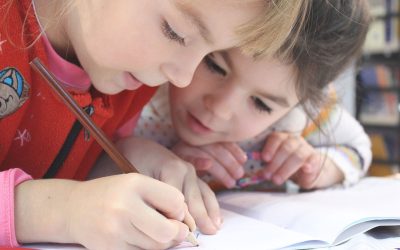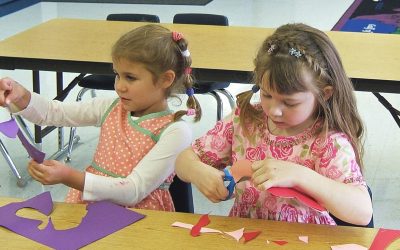“I seldom think about my limitations, and they never make me sad. Perhaps there is just a touch of yearning at times; but it is vague, like a breeze among flowers.”
~ Helen Keller
The term twice-exceptional learner (sometimes called 2E learner) is one that is often heard and far too often misunderstood. What does it mean? What do parents need to know about supporting their child’s development?
What follows here is information about 2E learners and 15 practical ways to empower them.
Twice-Exceptional (2E): The Facts
Twice-exceptional learners have co-existing special education needs—for example, giftedness combined with ADHD, or dyslexia, or a learning disability, or a hearing or visual impairment, or some other combination.
These may not be easily identified, and thus, these children may be underserved in schools—from preschool onward. One exceptionality may mask another, or children may fall through the cracks without either of their exceptionalities being appropriately addressed. As they move from primary-level programming through elementary school and onward, low grades can shadow or conceal their abilities.
Moreover, discrepancies between a child’s strengths and challenges can negatively affect how that child is perceived. For example, in some cases, kids are “not sufficiently gifted” to be eligible for specialized or gifted education programs, and also “not sufficiently struggling” for other special education provisions.
They may not “fit” with what’s available within their local school system. Furthermore, far too often, teachers and early education service providers are not adequately trained in special education or how to effectively differentiate program offerings, learning environments, or activities.
A great many schools and learning centers lack current resources or materials that address twice exceptionality or optimal services for exceptional learners.
Over the past few decades, there has been considerable research on ways to encourage diverse learners’ abilities and support their development, with studies ramping up recently due to heightened interest in neurodiversity.
What has come to light?
Here are some findings:
- Set fair expectations.
- Encourage children to develop their strengths.
- Invite kids to ask questions.
- Family matters.
- Reinforce children’s play, including their engagement in open-ended, exploratory, interdisciplinary, and multisensory learning experiences.
- Help children find peers who share similar interests, abilities, and disabilities, and with whom they can interact.
Most importantly, parental attunement to the individual child will help to ensure that their learning and other needs are identified. To that end, parents can become informed about possible ways to provide encouragement and support.
PRACTICAL SUGGESTIONS
Research studies on twice-exceptional learners reveal many recommendations for parents.
Here are 15 strategies parents can consider:
(Note that, in many respects, these suggestions are applicable to children across the learning spectrum.)
- Offer choice.
- Involve your child in co-creating their learning and recreational experiences.
- Provide ample opportunities for inquiry and reflection.
- Pay attention to your child’s social-emotional well-being.
- Check that documented education-related accommodations are …








